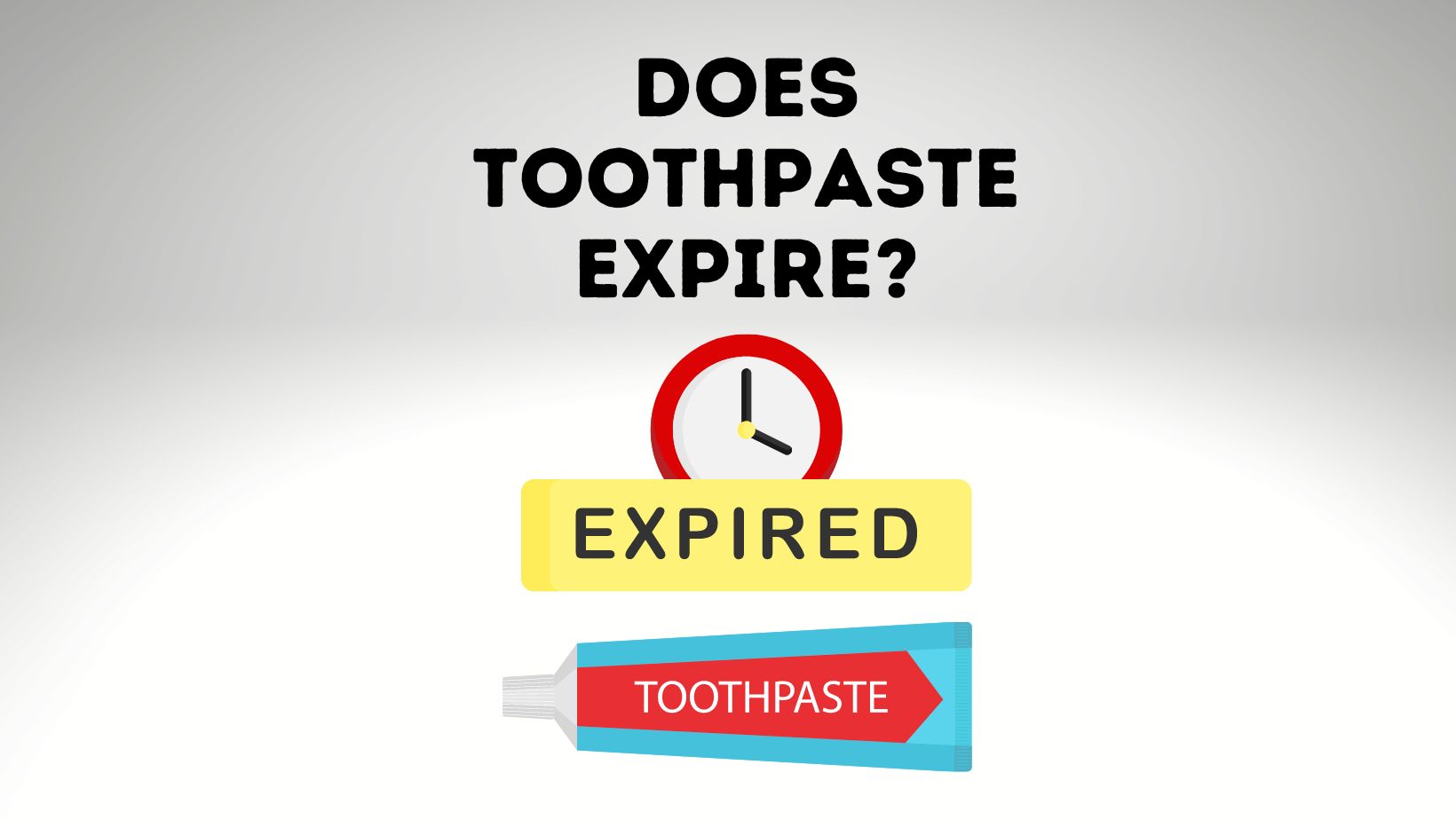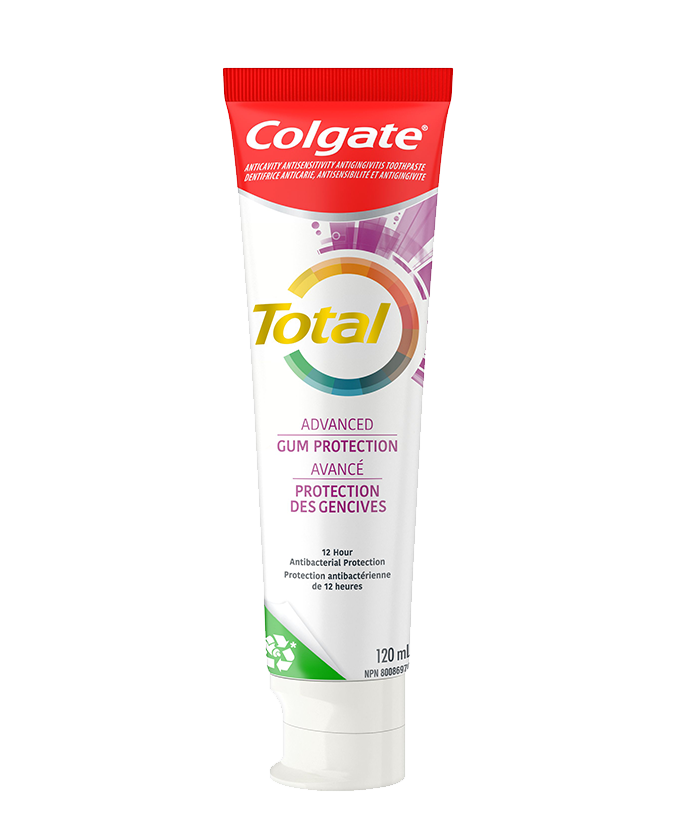How To Stop Jaw Clicking? Relief In 5 Minutes
The bothersome sound of jaw clicking, also known as jaw popping or temporomandibular joint (TMJ) clicking, can be quite annoying and even embarrassing at times. This phenomenon occurs when the joint that connects the jawbone to the skull, the temporomandibular joint, becomes misaligned or inflamed, causing the jaw to click or pop when moving. If you’re looking for ways to stop jaw clicking and find relief in just 5 minutes, you’re in the right place.
Understanding Jaw Clicking: Causes and Triggers
Before we dive into the remedies, it’s essential to understand what causes jaw clicking in the first place. The TMJ is a complex joint that enables us to perform various functions like eating, speaking, and yawning. However, when the joint becomes irritated or inflamed, it can lead to clicking, popping, or even locked jaw. Some common causes and triggers of jaw clicking include:
- Teeth grinding or clenching (bruxism)
- Misaligned teeth or bite
- Stress and anxiety
- Jaw injuries or trauma
- Poor posture
- Gum chewing or other repetitive jaw movements
5-Minute Relief Techniques
Now, let’s move on to the good stuff – the 5-minute relief techniques that can help alleviate jaw clicking. Try these simple yet effective exercises and tips to find relief:
- Jaw Release Exercise: Place your index fingers on the top of your jaw, just in front of your ears. Slowly open your mouth, keeping your fingers in place, and then close it again. Repeat this process 10-15 times. This exercise helps relax the jaw muscles and reduce tension.
- Masseter Muscle Massage: Locate the masseter muscle, which is the chunky muscle in the cheek, just in front of the ear. Use your fingertips to massage this area in a circular motion, applying gentle pressure. This helps relax the muscle and reduce tension that can contribute to jaw clicking.
- TMJ Self-Massage: Using your index fingers, apply gentle pressure to the TMJ joint, located just in front of the ear. Massage the area in a circular motion, first clockwise and then counterclockwise. This helps increase blood flow and reduce inflammation.
- Tongue Stretch: Stick your tongue out as far as you can, and then move it from side to side, keeping it straight. Repeat this process 10-15 times. This exercise helps loosen the tongue and jaw muscles, reducing tension that can contribute to jaw clicking.
- Heat or Cold Therapy: Apply a warm or cold compress to the affected area, depending on your preference. Heat therapy can help relax the muscles, while cold therapy can help reduce inflammation. Leave the compress on for 5 minutes to experience relief.
Long-Term Solutions
While these 5-minute relief techniques can provide temporary relief, it’s essential to address the underlying causes of jaw clicking to prevent it from becoming a chronic issue. Some long-term solutions include:
- Orthodontic Treatment: If you have misaligned teeth or a poor bite, orthodontic treatment can help align your teeth and reduce jaw clicking.
- Stress Management: Engage in stress-reducing activities like meditation, yoga, or deep breathing exercises to manage stress and anxiety.
- Jaw Exercises: Regularly practice jaw exercises, such as the ones mentioned earlier, to strengthen the jaw muscles and improve joint mobility.
- Ergonomic Changes: Make ergonomic changes to your daily activities, such as adjusting your computer monitor or taking regular breaks to stretch and move around.
Conclusion
Jaw clicking can be a frustrating and embarrassing issue, but with the right techniques and strategies, you can find relief in just 5 minutes. Remember to address the underlying causes of jaw clicking and incorporate long-term solutions to prevent it from becoming a chronic issue. By combining these relief techniques with a healthy lifestyle and regular jaw exercises, you can say goodbye to jaw clicking and hello to a healthier, happier you.
What are the most common causes of jaw clicking?
+The most common causes of jaw clicking include teeth grinding or clenching, misaligned teeth or bite, stress and anxiety, jaw injuries or trauma, poor posture, and gum chewing or other repetitive jaw movements.
Can jaw clicking be a sign of a more serious underlying condition?
+Yes, jaw clicking can be a sign of a more serious underlying condition, such as temporomandibular joint disorder (TMD), arthritis, or even a dental infection. If you experience persistent or severe jaw clicking, it’s essential to consult with a healthcare professional or dentist to rule out any underlying conditions.
How can I prevent jaw clicking from becoming a chronic issue?
+To prevent jaw clicking from becoming a chronic issue, it’s essential to address the underlying causes and incorporates long-term solutions, such as orthodontic treatment, stress management, jaw exercises, and ergonomic changes. Regularly practicing jaw exercises and maintaining good oral hygiene can also help prevent jaw clicking.

